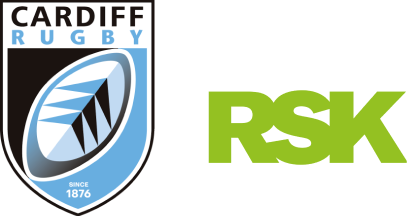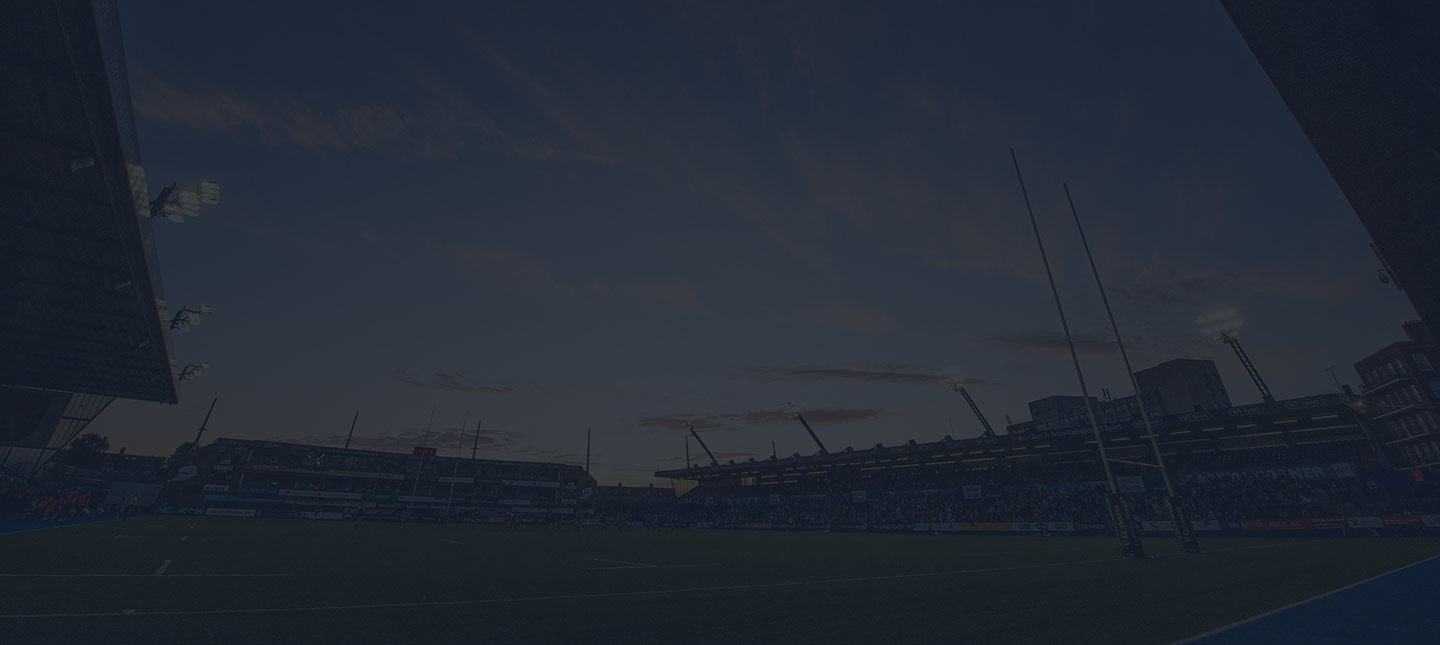Welsh rugby is mourning the sudden death of the President of the Welsh Rugby Union, Keith Rowlands.
Keith collapsed at his home in Cardiff and died at lunchtime on Saturday, less than 24 hours after watching Wales beat Canada 61-26 at the Millennium Stadium.
“This is a huge blow for Welsh rugby and obviously a terrible tragedy for Keith’s family.The thoughts of everyone involved in the game, in Wales and across the world, will be with his wife Joanne, their children and grandchildren” said WRU chairman, David Pickering.
“Keith was a man of real stature, both as a player on the field for Cardiff, Wales and the British Lions and as an administrator with the WRU and the International Rugby Board.
“He took over as President of the WRU from Sir Tasker Watkins in 2004 and had made some telling contributions in that role. He will be sorely missed.”
Roger Lewis, the WRU group chief executive, said: “Keith will leave a huge void at the top of the game in Wales. He was a man of impeccable integrity and someone who commanded huge respect.
“He was returned unopposed as chairman once again this year and this will be a bitter blow to the WRU family of clubs. However, the greatest loss will be felt within his family and our sincerest condolences go to them at this difficult time.
“His CV as both player and administrator shows the calibre of the man. He will be remembered as one of Welsh rugby’s all-round greats.”
There will be a full tribute paid to Keith Rowlands at the final Invesco Perpetual Series game against New Zealand at the Millennium Stadium on Saturday, 25 November, including a minute silence before kick-off.
Born in Brithdir on 7 February, 1936, the 70-year-old Rowlands became the 47th President of the Welsh Rugby Union and only the 10th former international to hold the post.
After attending Cowbridge Grammar School, Rowlands entered the second year at Aberdare Boys Grammar School and went on to captain both their rugby (1953-54) and cricket teams (1954 and 1955). He won a Welsh Schools Under-19 cap against England in 1955, playing in the same pack as a player he would go on to play alongside for Wales and the Lions, Alun Pask.
After school he went to London University before serving with the 1st Battalion of the Welch Regiment between 1958-1960. His senior playing career started at Aberaman, a club of which he became Patron, and then moved on to London Welsh, Llanelli and Cardiff. He joined Llanelli from London Welsh in 1958-59 and played in the Scarlets’ side that lost to the touring Springboks in 1960. He moved on to Cardiff and he played 149 games for the Arms Park club between 1961-67. He was in the Cardiff side that lost to New Zealand in 1963 and captained the side that beat Australia 14-8 in November, 1966.
He made his debut for the Barbarians at Leicester in March, 1962 – the same month in which he won the first of his five Welsh caps against France and was picked for the British and Irish Lions tour to South Africa. He also played in the Five Nations fixture against Ireland in 1962 and went on to play in 17 of the Lions’ 21 tour fixtures. He played in the 1st, 2nd and 4th Tests, scoring a try in the latter.
When he finished playing in 1967, he became a committee member at Cardiff and became chairman of the club in 1974-1975. In that time he also became a member of the Welsh Rugby Union, representing District B. He was appointed as one of the WRU’s two representatives on the IRB in 1983 and became the world governing body’s first General Secretary in 1988. At that time the IRB offices were based in Bristol, but under Rowlands’ guidance they were moved to Dublin.
Having been an amateur administrator who was co-opted onto the original Tournament Committee, Rowlands went on to become one of the key professionals who helped turn the Rugby World Cup into one of the top four global sporting events. He went on to mastermind the development of the World Cup as one of its directors and, eventually, as Chief Executive of the IRB.
Even after his retirement at the end of the 1995 World Cup his involvement in rugby, and the tournament he helped to create, didn’t end. At the express wish of then IRB chairman, Vernon Pugh, and the RWC chairman, Leo Williams, Rowlands agreed to take on the vital Chief Executive’s role of overseeing the 1999 Rugby World Cup in Wales.
A former commercial representative who worked in sales and marketing for Arthur Guinness Ltd and the Taunton Cider Company before joining the IRB, he combined his retirement with roles as Patron of Aberaman RFC, President of Rhiwbina RFC, the Welsh Academicals and the Welsh Deaf Rugby Association. He was also President of the Cwmbach Male Voice Choir.
In 2004 he stood for the role of President of the WRU, beating off the challenge of former WRU Secretary David East. He retained his post unopposed through to this year.

